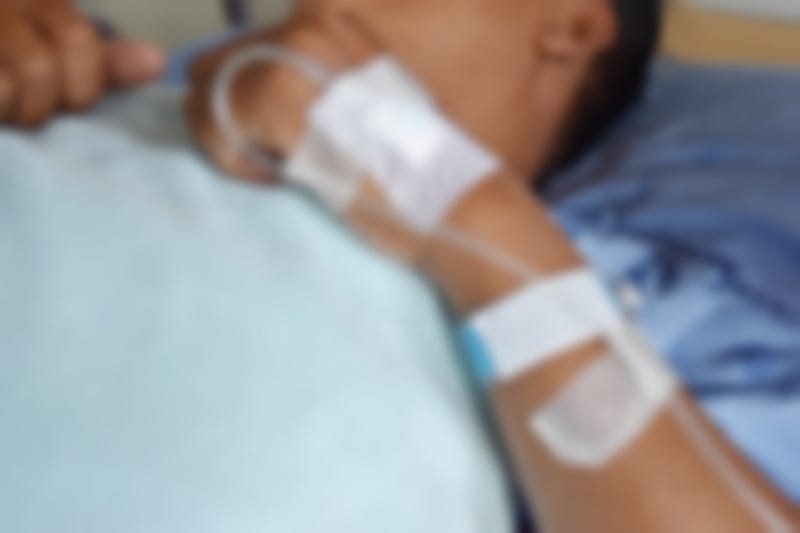(KNX 1070) -- According to KTVU when Ernest Quintana, 79, and his family rushed to Kaiser Permanente Medical Center's emergency department in Fremont, California it was difficult enough to learn that his lungs were failing, it was even more devastating when the tragic news came from a robot.
Quintana's granddaughter, Annalisia Wilharm, was with her grandfather when the robot arrived to deliver the devastating test results.
"When I took the video, I didn't realize all of this was going to unfold," she told KTVU.
The robot was a doctor on a screen, who told the family that not only were Quintana's lungs failing but that he didn't have long to live.
"You might not make it home," the doctor said on the screen.
To make matters worse, Quintana doesn't hear well, so his daughter Catherine had to be the one to tell her father.
In a written statement, Kaiser Permanente Senior Vice-President Michelle Gaskill-Hames offered the family "sincere condolences." Adding, "We use video technology as an appropriate enhancement to the care team, and a way to bring additional consultative expertise to the bedside."
"This is a highly unusual circumstance. We regret falling short in meeting the patient's and family's expectations in this situation and we will use this as an opportunity to review our practices and standards with the care team," said the Kaiser statement.
The Quintana family told KTVU that they hope no other family has to go through what they did with the robot, and that Kaiser will review their policies. Quintana died on Tuesday.
Fremont family upset that Kaiser let robot deliver bad news https://t.co/b6YxewsOCZ pic.twitter.com/vFthfvbmsx
— East Bay Times (@EastBayTimes)
March 8, 2019 Full Statement from Michelle Gaskill-Hames, Senior Vice President and Area Manager, Kaiser Permanente Greater Southern Alameda County, courtesy KTVU.
"On behalf of Kaiser Permanente and our caregivers in Fremont, we offer our sincere condolences. It is always deeply painful to lose a beloved family member and friend. While we cannot comment on specifics of an individual's medical care due to privacy laws, we take this very seriously and have reached out to the family to discuss their concerns. We use video technology as an appropriate enhancement to the care team, and a way to bring additional consultative expertise to the bedside. Our health care staff receive extensive training in the use of telemedicine, but video technology is not used as a replacement for in-person evaluations and conversations with patients. In every aspect of our care, and especially when communicating difficult information, we do so with compassion in a personal manner. This is a highly unusual circumstance. We regret falling short in meeting the patient's and family's expectations in this situation and we will use this as an opportunity to review our practices and standards with the care team."

